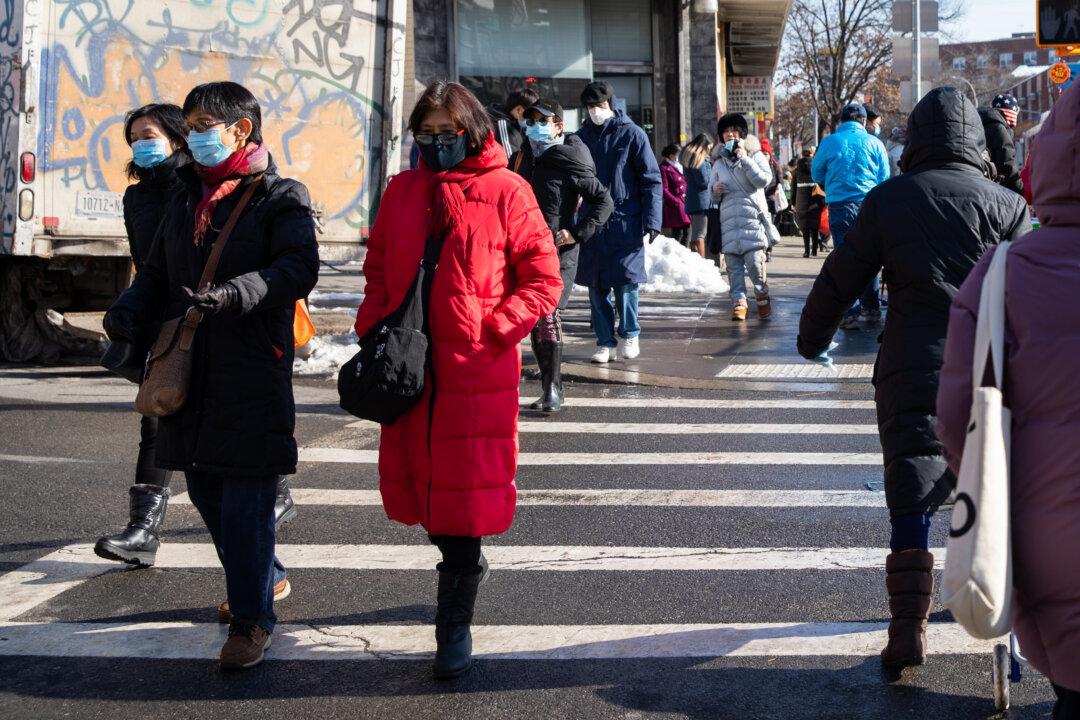The Cochrane Review’s editor-in-chief on March 10 issued an unusual statement claiming that a recent paper published by the review does not show masks don’t work.
That interpretation of the paper is “inaccurate and misleading,” Karla Soares-Weiser, the editor-in-chief, said in a statement.






